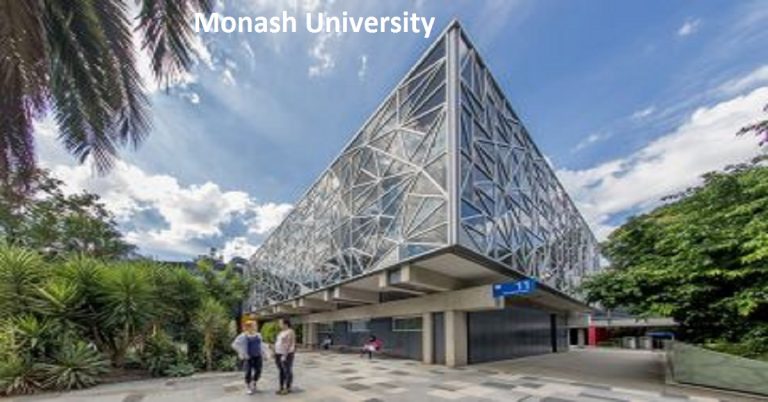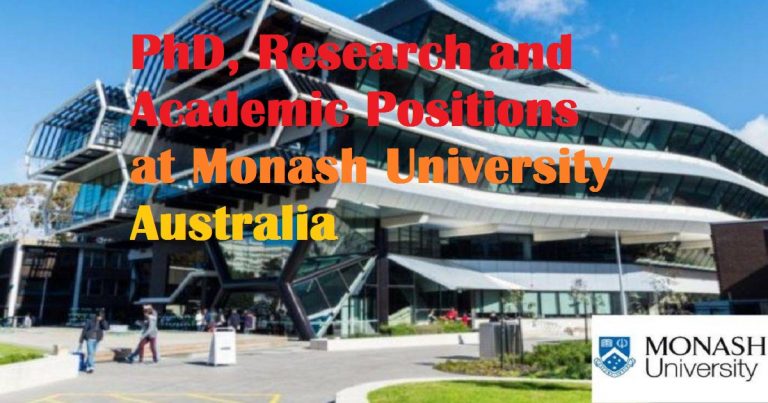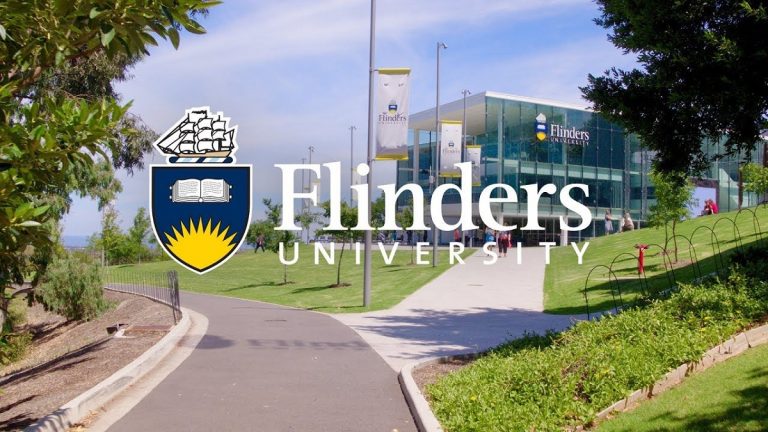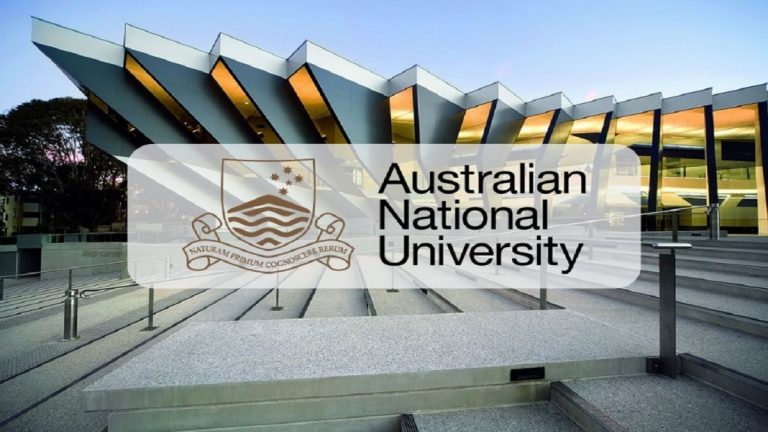![PhD and Postdoc Vacancies at Netherlands [UG]](https://scholaridea.com/wp-content/uploads/2020/07/University-of-Groningen.jpg)
PhD Environmental Histories of Resource Extraction in Africa, contemporary history, environmental history, cultural and political responses
Specialty areas: contemporary history, African history (South Africa), environmental history, cultural and political responses to resource extraction
Applications are invited for a fully funded, four-year PhD position within the research project Environmental Histories of Resource Extraction in Africa: Understanding Cultural and Political Responses to Environmental Transformation, financed by the European Research Council (ERC) and led by Dr Iva Peša.
Through a comparative study of three African localities of resource extraction (oil drilling in Nigeria; copper mining in Zambia; gold mining in South Africa), focusing on the period 1950-2020, this project aims to analyse and explain the diversity of cultural and political responses to environmental transformation. The PhD candidate will conduct an in-depth case study of a mining waste dump in Johannesburg (to be discussed). This PhD project will involve a research stay in Johannesburg of c. 9 months. Using oral history, archives, popular literature (novels and poems), and songs, the PhD candidate will examine lived experiences of environmental transformation caused by gold mining. The motivation of this project is to understand when, how, and why environmentalism found expression in African localities of resource extraction.
Since the Witwatersrand gold rush of 1886, industrial gold mining has fundamentally shaped Johannesburg’s urban environment. This project aims to determine how inhabitants of Johannesburg have experienced and lived with gold mining and ensuing environmental change. The PhD candidate will be part of a larger team (PI, PhD student on Nigeria, and two post-doctoral researchers who will join the project in 2023), collaborating closely with the University of Pretoria (African Observatory for Environmental Humanities) and local partners.
This PhD project offers a unique opportunity to work in an international research environment as well as to acquire valuable teaching experience (to be discussed). In addition, the PhD candidate will collaborate with the other team members to organise conferences and workshops, and to plan outreach activities.
For additional queries regarding the project and if you would like to get access to the full project proposal, please get in touch with the project’s PI, Dr Iva Peša: i.pesa@rug.nl
Qualifications
• Research Master’s or Master’s degree in a relevant field, such as contemporary history, global history, African history, or environmental history (degrees in related fields such as international relations, anthropology, cultural and literary studies, or African studies will also be considered)
• excellent command of English
• experience in conducting research in Africa (preferably South Africa) and willingness to conduct c. 9 months of research in Johannesburg and Gauteng Province
• familiarity with and strong interest in debates on environmental history, resource extraction, African history, and cultural production
• a strong motivation to complete a PhD dissertation in 4 years
• ability to work both independently and as a team player.
Desirable qualifications:
• a research network in South Africa
• knowledge of local languages, e.g. isiZulu, Sesotho or isiXhosa.
Organisation
The University of Groningen, founded in 1614, is an international research university in the north of the Netherlands. Our staff create and share knowledge through outstanding research and education. The Faculty of Arts – which includes the History department – is located in the historic heart of the city of Groningen. Our research covers the following fields: Archaeology, Cultural Studies, History, International Relations, Journalism, Language and Literary Studies, and Linguistics.
Conditions of employment
In accordance with the Collective Labour Agreement for Dutch Universities, the University of Groningen offers you:
• a salary of € 2,443 gross per month in the first year, up to a maximum of € 3,122 gross per month in the final year, based on a full-time position
• a holiday allowance of 8% gross annual income
• an 8.3% end-of-the-year allowance
• a temporary appointment of 1.0 FTE for a specified period of four years. The candidate will first be appointed for twelve months. After six months, an assessment will take place of the candidate’s results and the progress of the PhD project, in order to decide whether employment will be continued.
The prospective starting date is 1 September or 1 October 2022
Affiliation
The PhD candidate will be enrolled in the Graduate School for the Humanities, affiliated with the Research Institute for the Study of Culture Groningen (ICOG), and based at the Department of History. The candidate will also have the opportunity to join relevant trainings of the national graduate schools, such as the N.W. Posthumus Institute, the Dutch training programme for PhD students in social and economic history, which offers courses in research planning and design, as well as regular workshops.
Application
Applications should be in English and contain the following materials:
• short statement (c. 1,000 words), explaining your motivation for applying
• curriculum vitae
• copies of MA diploma and list of grades
• copy of MA thesis
• contact details of two academic referees (no letter of recommendation is required; only the referees of shortlisted candidates will be contacted).
You may apply by sending your application as two PDF files (one for the MA thesis, and one for all other documents) until 31 May 11:59pm / before 1 June 2022 Dutch local time (CET) by means of the application form (click on “Apply” below on the advertisement on the university website). Please send in all other documents as your ‘letter of application’ and your MA Thesis as ‘extra attachment’.
Interviews with selected candidates will be held in mid-June 2022.
The University of Groningen strives to be a university in which students and staff are respected and feel at home, regardless of differences in background, experiences, perspectives, and identities. We believe that working on our core values of inclusion and equality are a joint responsibility and we are constructively working on creating a socially safe environment. Diversity among students and staff members enriches academic debate and contributes to the quality of our teaching and research. We therefore invite applicants from underrepresented groups in particular to apply. For more information, see also our diversity policy webpage: https://www.rug.nl/(…)rsity-and-inclusion/
Our selection procedure follows the guidelines of the Recruitment code (NVP): https://www.nvp-hrnetwerk.nl/sollicitatiecode/ and European Commission’s European Code of Conduct for recruitment of researchers: https://euraxess.ec.europa.eu/jobs/charter/code
Unsolicited marketing is not appreciated.
Information
For information you can contact:
- Dr Iva Peša (for information about the project itself), i.pesa@rug.nl
- Lisanne Coolen (for practical information regarding the application procedure), l.coolen@rug.nl
Please do not use the e-mail address(es) above for applications.



